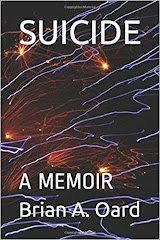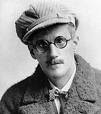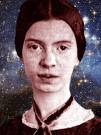Coetzee's Diary of a Bad Year is very impressive, better than Elizabeth Costello and maybe as good as Disgrace. Coetzee has invented a wonderful contrapuntal form for this novel, dividing the pages into first two and then three registers to present different voices that echo, clash, interpenetrate and finally deconstruct each other. That last verb brings to mind an obvious possible source for Coetzee's form in the similar formal experiments of Jacques Derrida (in the essay "Living On: Border Lines," the book Glas, etc.), a connection that takes us immediately to the deeper concerns of Coetzee's novel. For this book is much more than just another rehearsal of the aging writer-younger woman scenario. Coetzee's challenging, polyvocal form foregrounds the acts of reading and (mis)interpretation, the problems of writing and criticism and language in ways that subversively deepen even the text's apparently deepest moments. There is, for example, this paragraph in which Coetzee's text appears to cut deeply into the writer's notoriously dour self:
"As a young man, I never for a moment allowed myself to doubt that only from a self disengaged from the mass and critical of the mass could true art emerge. Whatever art has come from my hand has in one way or another expressed and even glorified in this disengagement. But what sort of art has that been, in the end? Art that is not great-souled, as the Russians would say, that lacks generosity, fails to celebrate life, lacks love."
A startling passage of Coetzeean self-reflection, no?... Well, probably not. Coetzee's Coetzee-like narrator (not, obviously and importantly, Coetzee himself) seems to cut into himself here, but the novel's overall foregrounding of rhetoric forces us to look again, whereupon we note the incrementally increasing sentimentality of the passage's final triad ("...lacks generosity, fails to celebrate life, lacks love.") and its nakedly self-pitying extortion of readerly sympathy. Whenever a character in a Coetzee novel talks about celebrating life, readers should put themselves on high alert.
I'm also impressed by the subtle way the book overturns itself, so that by the end the two lower registers of the page have been overtaken by the female typist's voice, while in the upper register the male writer undermines his own authority in a passage on the rhetoric of Dostoyevsky. Of course, he's also undermining all the other voices in the book, so this might be read as a final deconstructive power play, a last ditch effort to salvage some form of authority... This is a surprisingly good and complex little book. I'm sure there's more going on here than can be captured in a single reading.
Sunday, May 17, 2009
Subscribe to:
Post Comments (Atom)










No comments:
Post a Comment